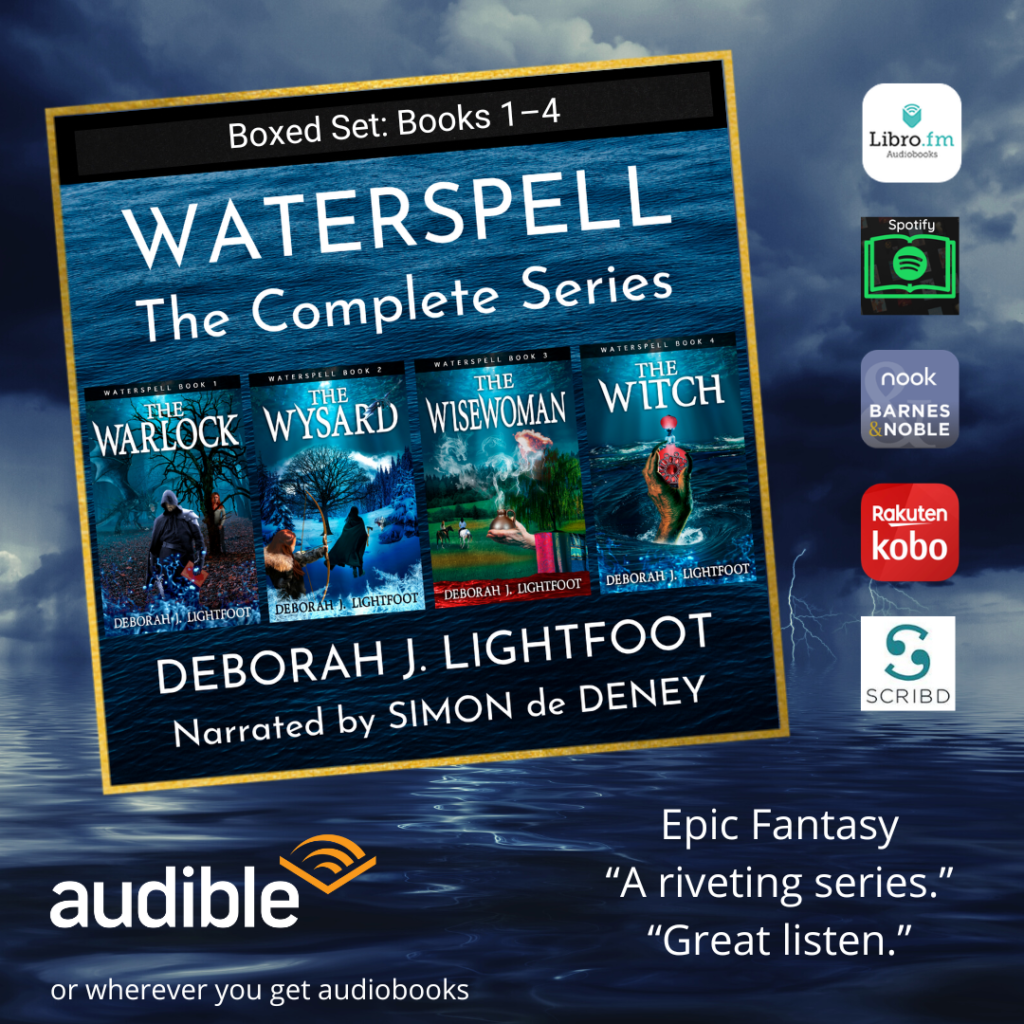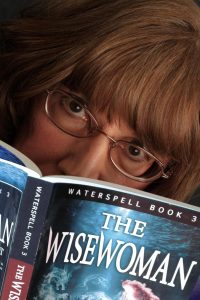Dialogue should sound natural—like real people talking. Or more precisely, like really interesting real people talking.
Strive to write dialogue as the natural outcome of the characters’ needs, desires, thoughts, personalities, reactions, and relationships. Don’t use it to dump information on the reader or, even worse, use it just to break up long passages of narrative.
Avoid commonplace dialogue—characters taking up space saying empty things like “Hi, how are you?” and “Fine, how are you?”
Literary agent Noah Lukeman wrote in his classic book, The First Five Pages:
“The presence of commonplace dialogue means the manuscript as a whole will need a lot of cutting: if there is one extraneous line of dialogue on the first page, by the rule of manuscripts, you will also find one extraneous line on each page to come.”
According to Lukeman:
“Dialogue is a powerful tool, to be used sparingly, effectively and at the right moment.”
I greatly admire Ursula Le Guin. (If you don’t know her work, read the Earthsea books—you’ll be swept away.) For examples of pitch-perfect dialogue, see her Tales From Earthsea. Below is an excerpt. Study it and see all that it does, the many levels on which this dialogue succeeds.
We learn the personalities of father and son. The son is quiet, he doesn’t say much. He’s subject to his father’s will, but he’s hoping his old man will stop pressuring him. The father is obviously conflicted: proud of his son’s gift, but disappointed that it doesn’t make the boy suitable to follow in his dad’s footsteps in the family business. The father is also in awe of his child’s talents. We learn so much from this dialogue, and the whole exchange rings true. Believable personalities are revealed.
Also study this passage for examples of how to punctuate dialogue, and how to break up the speaking with a little action. People move around, gesture, pause. They don’t just stand and talk.
The next morning Golden told his son again that he must think about being a man.
“I have thought some about it,” said the boy, in his husky voice.
“And?”
“Well, I,” said Diamond, and stuck.
“I’d always counted on your going into the family business,” Golden said. His tone was neutral, and Diamond said nothing. “Have you had any ideas of what you want to do?”
“Sometimes.”
“Did you talk at all to Master Hemlock?”
Diamond hesitated and said, “No.” He looked a question at his father.
“I talked to him last night,” Golden said. “He said to me that there are certain natural gifts which it’s not only difficult but actually wrong, harmful, to suppress.”
The light had come back into Diamond’s dark eyes.
“The master said that such gifts or capacities, untrained, are not only wasted, but may be dangerous. The art must be learned, and practiced, he said.”
Diamond’s face shone.
“But, he said, it must be learned and practiced for its own sake.”
Diamond nodded eagerly.
“If it’s a real gift, an unusual capacity, that’s even more true. A witch with her love potions can’t do much harm, but even a village sorcerer, he said, must take care, for if the art is used for base ends, it becomes weak and noxious … Of course, even a sorcerer gets paid. And wizards, as you know, live with lords, and have what they wish.”
Diamond was listening intently, frowning a little.
“So, to be blunt about it, if you have this gift, Diamond, it’s of no use, directly, to our business. It has to be cultivated on its own terms, and kept under control — learned and mastered. Only then, he said, can your teachers begin to tell you what to do with it, what good it will do you. Or others,” he added conscientiously.
There was a long pause.
“I told him,” Golden said, “that I had seen you, with a turn of your hand and a single word, change a wooden carving of a bird into a bird that flew up and sang. I’ve seen you make a light glow in thin air. You didn’t know I was watching. I’ve watched and said nothing for a long time. I didn’t want to make too much of mere childish play. But I believe you have a gift, perhaps a great gift. When I told Master Hemlock what I’d seen you do, he agreed with me. He said that you may go study with him in South Port for a year, or perhaps longer.”
“Study with Master Hemlock?” said Diamond, his voice up half an octave.
“If you wish.”
“I, I, I never thought about it. Can I think about it? For a while — a day?”
“Of course,” Golden said, pleased with his son’s caution. He had thought Diamond might leap at the offer, which would have been natural, perhaps, but painful to the father, the owl who had — perhaps — hatched out an eagle.
(From “Darkrose and Diamond,” Tales From Earthsea, copyright 2001 by Ursula K. LeGuin)
















